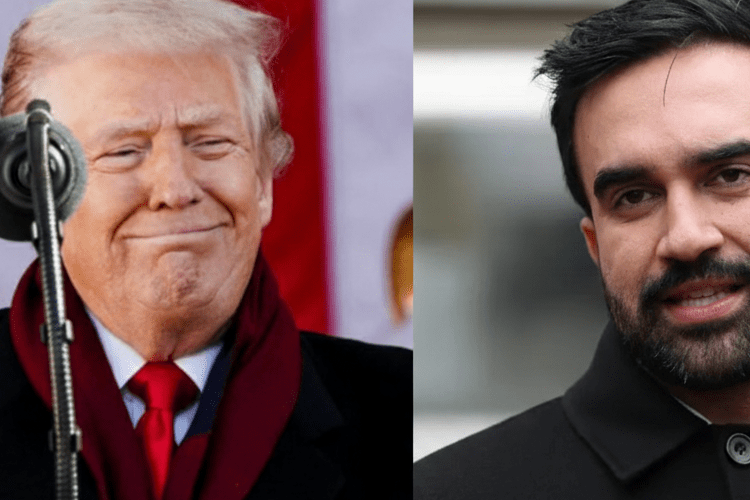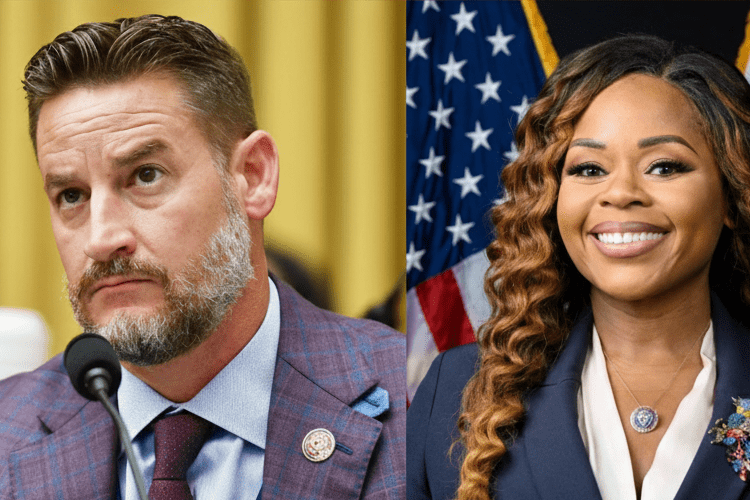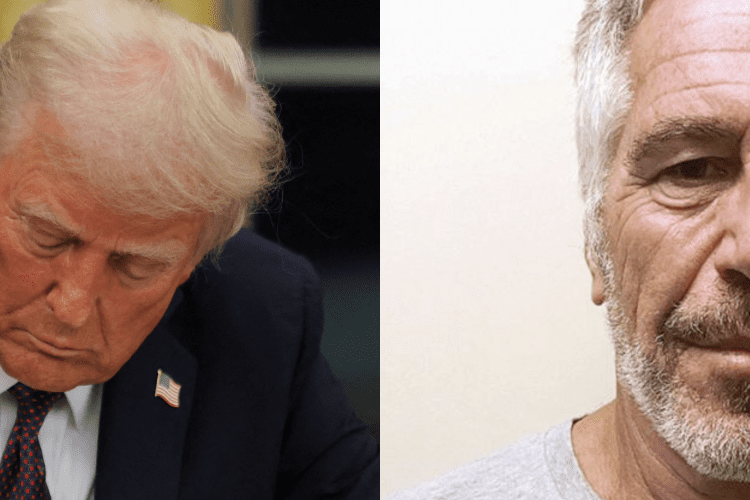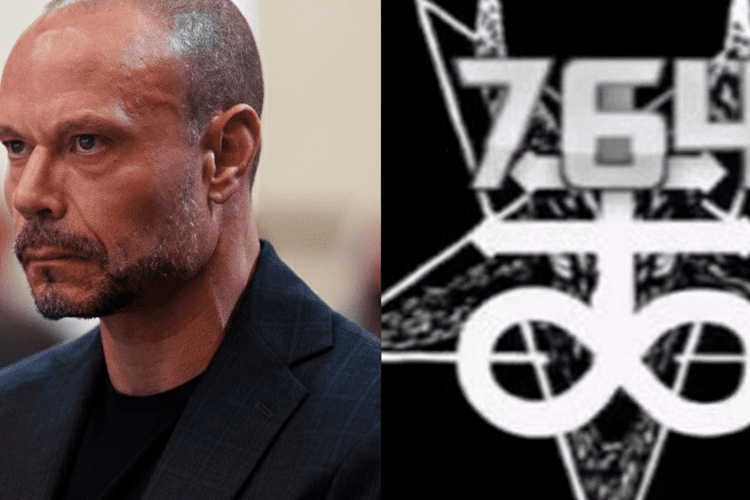From Queens Assemblyman to White House Wild Card: The Jaw-Dropping Backstory of Trump’s Tense Tête-à-Tête with Socialist Mayor-Elect Zohran Mamdani—and Why America’s Biggest City Hangs in the Balance
In the hallowed hush of the Oval Office, where the Resolute Desk has borne witness to deals that shaped empires and handshakes that sealed fates, President Donald J. Trump prepares for a collision of worlds that feels scripted from the pages of a political thriller. It’s November 21, 2025—just days after a razor-thin electoral upset that crowned Zohran Kwame Mamdani as New York City’s 111th mayor—and the air crackles with the kind of tension that only arises when unbridled ambition meets unyielding resolve. Mamdani, the 34-year-old democratic socialist firebrand born in Uganda’s sun-scorched capital and raised in the multicultural mosaic of Queens, steps into the lion’s den not as a supplicant, but as a self-proclaimed champion of the working class, his eyes fixed on prying federal dollars from Trump’s ironclad grip. Trump, ever the showman with a knack for turning adversaries into footnotes, fired the opening salvo on X, branding the incoming mayor a “Communist” whose pleas for funding “this Ugandan Muslim’s” agenda would fall on deaf ears. “This Communist Mayor of New York City, Zohran ‘Kwame’ Mamdani, has asked for a meeting,” Trump posted, his words a digital gauntlet thrown with the precision of a Mar-a-Lago missile. “We have agreed that this meeting will take place at the Oval Office on Friday, November 21st. Further details to follow!” As the city that never sleeps braces for the fallout, this unlikely summit isn’t just a clash of ideologies—it’s a poignant parable of America’s divided soul, where the dreams of immigrants collide with the defiance of dealmakers, and the future of the world’s financial heartbeat teeters on the edge of a single conversation.
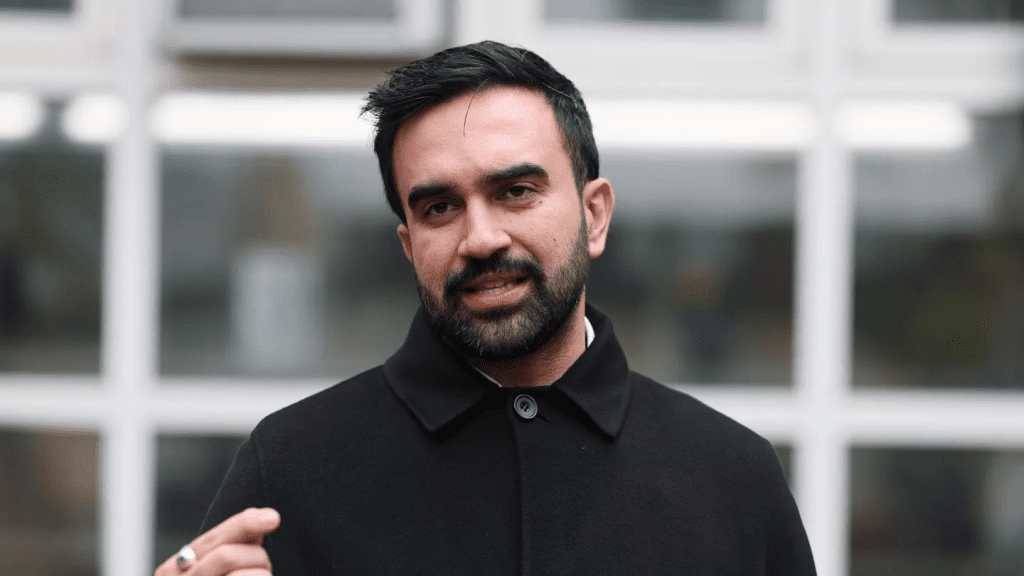
To grasp the electric undercurrent of this encounter, one must first wander the labyrinthine streets of Astoria, Queens, where Mamdani’s story took root like a resilient vine in cracked concrete. Born on October 18, 1991, in Kampala to parents of Indian descent—Mahmood Mamdani, the renowned Columbia University professor exiled from Uganda in 1972 under Idi Amin’s brutal regime, and Fatima, a filmmaker whose lens captured the quiet dignity of displacement—Zohran Kwame arrived in New York at age seven, a wide-eyed boy clutching a suitcase of memories from a homeland scarred by dictatorship. Raised in a brownstone buzzing with intellectual fervor and Muslim traditions, he navigated the dual worlds of secular ambition and spiritual solace, fasting through Ramadan amid the roar of the 7 train. By his teens, the boy who once dreamed of rapping under stage lights—releasing mixtapes as “Mr. Cardamom” blending hip-hop beats with South Asian rhythms—found his voice in activism, interning for progressive icons like Rep. Alexandria Ocasio-Cortez and channeling his family’s refugee legacy into a crusade against inequality. Elected to the New York State Assembly in 2020 at just 29, representing District 36’s tapestry of immigrants and artists, Mamdani quickly became the Democratic Socialists of America’s golden child: sponsoring bills for rent freezes, universal childcare, and a $30 minimum wage, his baritone speeches in Albany echoing the fire of Bernie Sanders with the poetry of his father’s postcolonial scholarship.
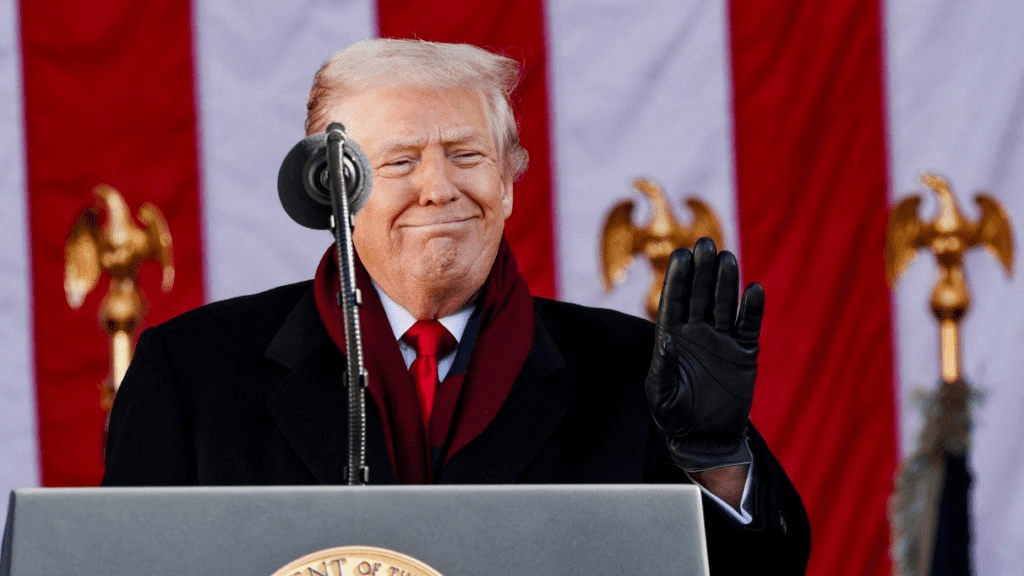
But it was the crucible of 2025’s mayoral race that forged Mamdani into a national phenomenon, a David slinging stones at Goliaths in a contest that exposed New York’s fraying seams. The city, still reeling from pandemic scars—skyrocketing rents swallowing 60% of median incomes, subway delays turning commutes into commutes from hell, and a migrant influx straining shelters to breaking—craved a savior who spoke the language of the lunch-bucket crowd. Incumbent Eric Adams, battered by federal probes into his campaign’s Turkish ties and a cascade of corruption scandals, limped into the fray as a Democrat-turned-independent, his tough-on-crime swagger eroded by public fatigue. Enter Andrew Cuomo, the disgraced ex-governor whose 2021 resignation amid sexual harassment allegations hadn’t dulled his appetite for power; running as an independent, he positioned himself as the adult in the room, promising fiscal restraint and subway fixes. Curtis Sliwa, the Republican radio host and Guardian Angels founder, rounded out the field with his bombastic flair, vowing to “rat-proof” the Big Apple. Yet it was Mamdani, the DSA-backed underdog who clinched the Democratic primary in a stunning June upset—garnering 52% in a field of establishment heavyweights—who captured the zeitgeist, his grassroots army of 10,000 volunteers knocking on doors from the Bronx to Battery Park, their pitch simple: “New York deserves a mayor who fights for us, not the billionaires.”
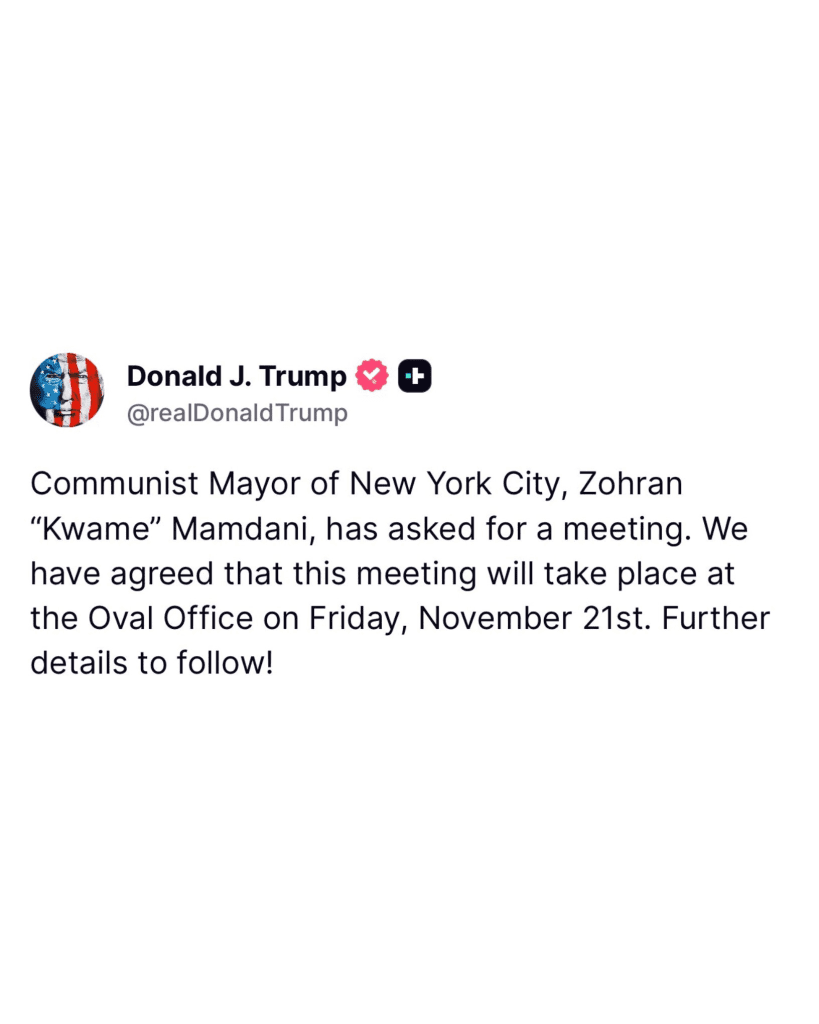
Election Night on November 4 unfolded like a fever dream in Times Square, confetti cannons primed under the glowing billboards as returns trickled in from precincts heavy with young voters and union halls. Mamdani, in a navy suit that couldn’t quite contain his restless energy, watched from a Queens community center, surrounded by his wife, artist Rama Duwaji, and their toddler son, whose sleepy yawns mirrored the nation’s weary hope. As the clock struck midnight, with 93% of votes tallied, the Associated Press called it: 50.4% for Mamdani, edging Cuomo’s 45.2% and Sliwa’s 3.1%, a margin slim as a subway token but seismic in its symbolism. At 34, he shattered records as the youngest mayor in over a century, the first Muslim and South Asian to hold the office, a Ugandan-born son of exiles who promised to “reimagine” the city through socialist lenses—free public transit, social housing on city land, a “Green New Deal” for Gotham’s gridlocked veins. Jubilation erupted in immigrant enclaves from Jackson Heights to Jamaica, where Ugandan shopkeepers hoisted flags and Palestinian activists chanted his name, seeing in him a bridge across divides. Yet for Trump’s America, watching from Mar-a-Lago’s gilded glow, Mamdani embodied the red specter: a “communist” whose victory, fueled by DSA dollars and AOC endorsements, signaled socialism’s creeping tide into the heart of capitalism.

The meeting’s genesis traces to a pragmatic outreach amid post-election pragmatism, a thread of olive branches in a tapestry of thorns. Just days after his win, as Mamdani’s transition team huddled in a Midtown loft sketching blueprints for a $100 billion housing push, his chief of staff fired off a polite email to the White House: a request for an Oval Office sit-down to tackle New York’s affordability apocalypse. “The cost of living is crushing families—rents up 20% since 2020, childcare gobbling half a paycheck,” Mamdani told reporters on November 17, his Queens accent warm but firm, eyes alight with the urgency of a man who once canvassed bodegas at dawn. “I’m reaching out because New Yorkers deserve relief, and federal partnership is key—whether it’s HUD grants or infrastructure bucks.” Trump’s response, that blistering X post on November 18, was pure vintage Donald: a jab at Mamdani’s heritage (“this Ugandan Muslim”) laced with ideological venom (“Communist”), yet capped with an agreement to meet, a masterstroke of magnanimity masking the steel beneath. White House Press Secretary Karoline Leavitt confirmed the details the next day, framing it as “the president’s commitment to all American cities,” while Mamdani’s campaign echoed the outreach as “a step toward collaboration on shared challenges like housing and transit.”
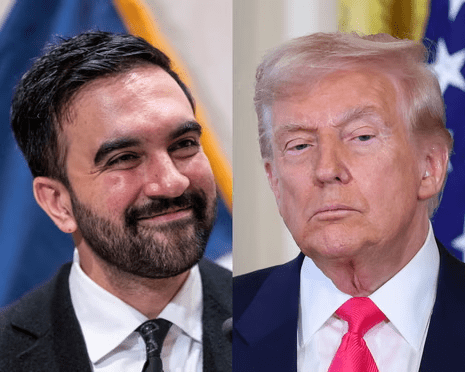
For Trump, now in the honeyed autumn of his second term, this parley is less about charity than chess—a chance to remind the socialist upstart of federal purse strings’ power, perhaps extracting concessions on sanctuary city policies or tax reforms that align with his “One Big Beautiful Bill.” At 79, with the vigor of a man half his age, Trump has long viewed New York as his personal fiefdom, the city of his youth where he built towers that scraped the heavens. Mamdani’s ascent, in his eyes, smacks of ingratitude—a betrayal by the very immigrants he champions, a DSA darling whose rent-control crusades threaten the real estate barons who bankrolled Trump’s rise. Yet beneath the bluster lies a dealmaker’s heart: whispers from Pennsylvania Avenue suggest Trump sees value in the optics, a photo-op with the “radical” mayor underscoring his dominance, while quietly dangling carrots like expedited FEMA funds for subway repairs or SBA loans for minority-owned bodegas. “He’ll never fund communism in New York,” Trump thundered to reporters en route to a Florida rally, his fist pumping like a metronome of resolve. “But he’ll listen—because that’s what winners do.”
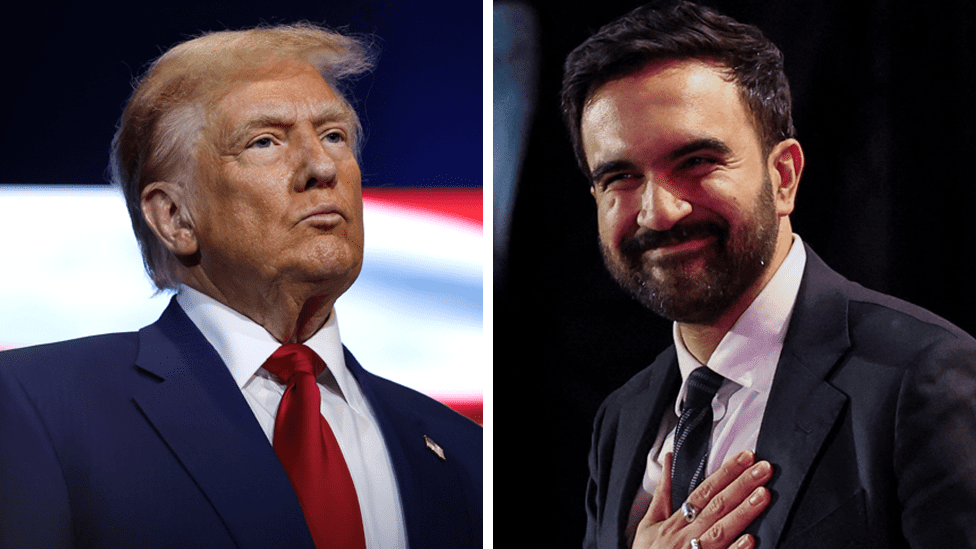
Mamdani, for his part, approaches the summit with the quiet steel of a survivor, his Ugandan roots a compass in the storm. Raised reciting Quranic verses alongside debates on Fanon and Malcolm X, he embodies the hyphenated American dream: Muslim by faith, socialist by conviction, New Yorker by unbreakable bond. His father’s exile—torn from Uganda’s soil in 1972 amid Amin’s anti-Asian purges—instilled a fierce empathy for the displaced, fueling Mamdani’s assembly record: co-authoring the Excelsior Scholarship expansion for low-income college kids, championing a ban on no-fault evictions that shielded 50,000 families from homelessness. Victory brought not just cheers, but challenges—a $110 billion budget teetering on pension shortfalls, a police force chafing at his defund echoes, and a city council split between progressives and moderates wary of his “seize the means” rhetoric. The Trump meeting? It’s a high-wire act: wooing federal aid without bending on core tenets, perhaps pitching a “people’s infrastructure” plan that marries green jobs with Trump’s manufacturing revival. “This isn’t about ideology; it’s about people,” Mamdani told a packed town hall in Flushing on November 19, his voice rising like a muezzin’s call, drawing nods from union plumbers and immigrant moms alike. “New York thrives when we build together—not when we tear each other down.”
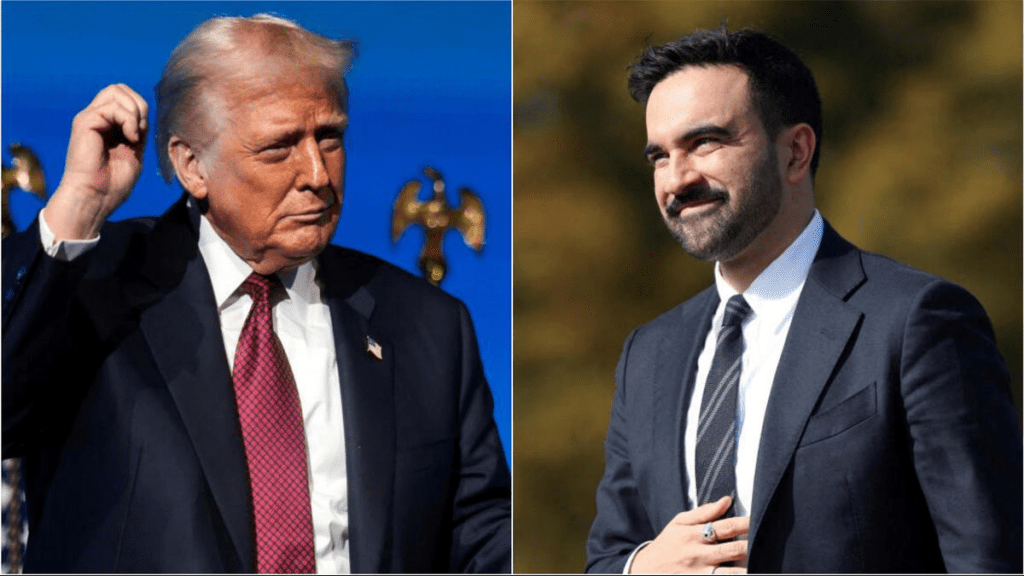
As Friday dawns, with Air Force One’s shadow falling over the Potomac and Gracie Mansion’s lights flickering in nascent transition, the emotional stakes soar. For Mamdani’s supporters—young baristas in Bushwick lofts, taxi drivers navigating Midtown mayhem, elders in Sunset Park sharing halal feasts—this is vindication, a brown-skinned Muslim from Africa’s horn holding court with the most powerful man alive. Ugandans in Kampala, tuning in via grainy streams, swell with pride for the son who carries their flag into the fray, his dual citizenship a badge of belonging. For Trump’s base, from rust-belt factories to evangelical pews, it’s a spectacle of strength: the boss schooling the socialist, a reminder that federal largesse comes with strings tied to patriotism, not progressivism. Neutral observers, from Wall Street skeptics fretting rent caps’ ripple to immigrant advocates fearing deportation drags, watch with bated breath, knowing one exchange could unlock billions—or bolt the doors.
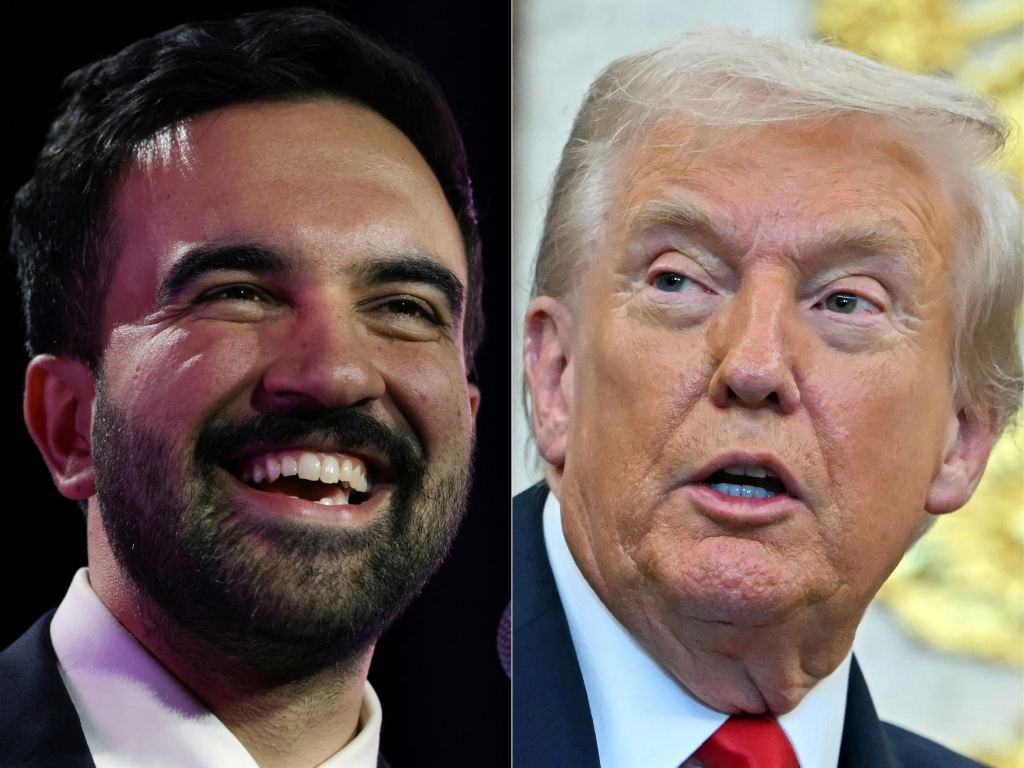
In the Oval’s intimate glow, as cameras click and aides hover, the two men—Trump’s golden tan against Mamdani’s warm olive—will sit across from each other, the weight of 8.5 million souls pressing down. Will it be a handshake of détente, blueprints unrolled for joint ventures on affordable housing? Or a verbal joust, Trump’s barbs met with Mamdani’s measured fire, a microcosm of America’s red-blue rift? Whatever unfolds, this meeting etches a chapter in the epic of a city reborn, where an immigrant’s son dares to dream big and a dealmaker king tests the limits of grace. For New Yorkers, huddled in walk-ups and penthouses alike, it’s more than politics—it’s a plea for possibility, a hope that from unlikely alliances, a brighter skyline might rise. As the clock ticks toward noon, one truth gleams clear: in the city of endless reinvention, even adversaries can spark the light that guides us home.
